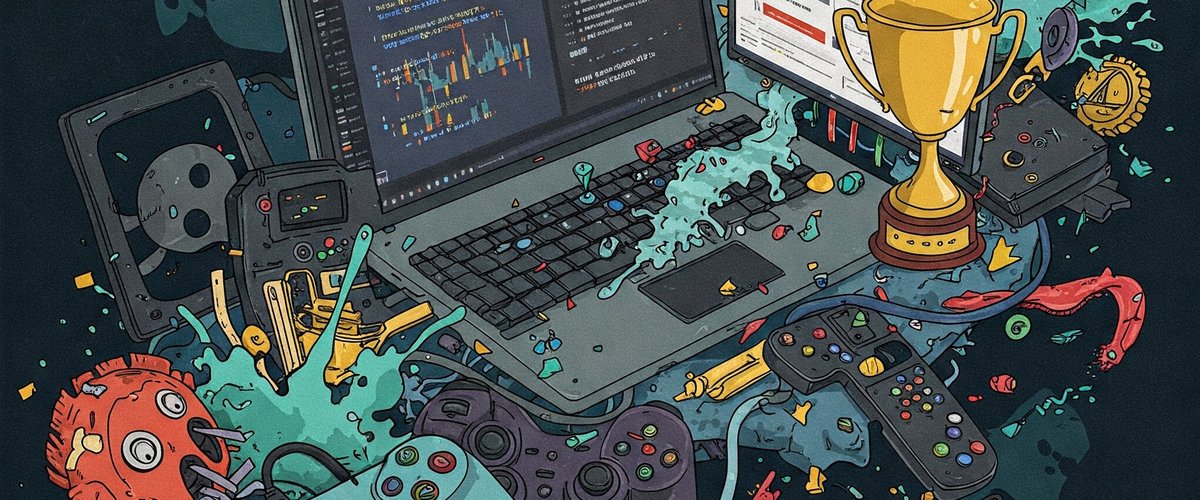
As one gets older, one's CV becomes a complicated monster to maintain, trim, and keep presentable. Especially when one's getting really old.
This page serves as a record of the stuff I've made. No more, no less.
Gameconnect - Serious Gaming
My first "real" job was writing game reviews for GameConnect. This is the job that eventually matured into leading InterWave Studios and their game production. Gameconnect years were formative in many senses. From how to channel passion into serious work, to dealing with people from all walks of life's crazy, creative side.
Caveman Bob
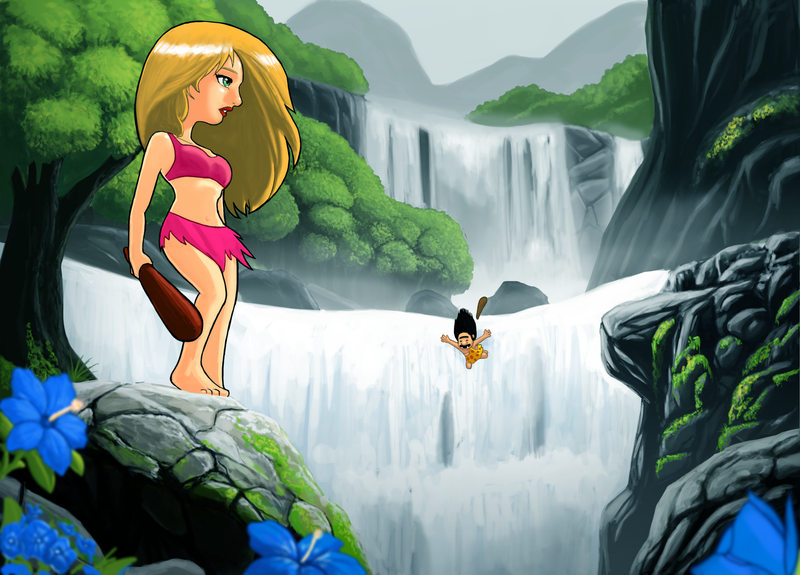
Bob will forever have a special place in our hearts. Part experiment, part exploration of what Unity3D could do, all madness. The game was enough of a success to prove that these "small" engines could produce games worthy of both attention and production.
To this day, Bob holds the distinction of being an infinite runner before infinite runners became a genre. It came out between Canabalt, which was a great inspiration, and the rest.
Of course, back then we were all focused on the big dog, Nuclear Dawn.
Trailer: https://www.youtube.com/watch?v=286XTI8hjXg
Nuclear Dawn
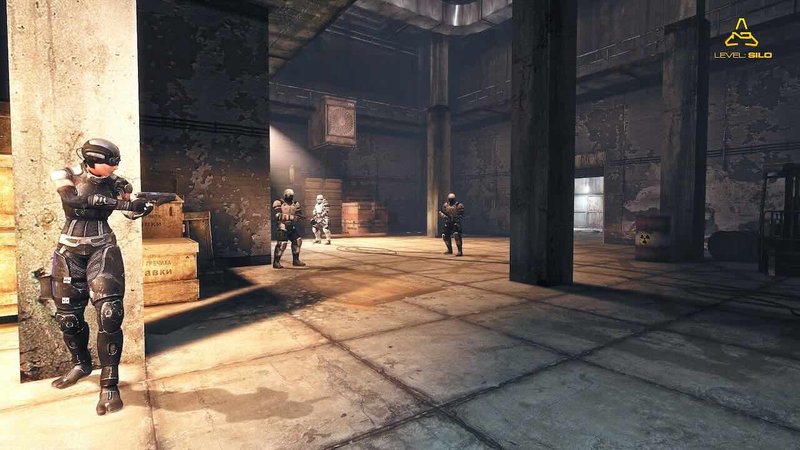
What could go wrong when a mod team is paired with a writer to turn another mod concept into a full-blown AA game? A lot.
But a lot can go right as well. Nuclear Dawn was my introduction to A-series gaming, and we made all the rookie mistakes. All of them. Over-designing, over-engineering, not listening to those who'd done it before, ignoring the fact that if certain features don't exist, there probably is a reason for it.
Nuclear Dawn was glorious. Made in the Source Engine, with Valve's amazing support, it won the Dutch Game Awards 2012 award for Best Original Game Design. As the game's designer, principal marketer, and sort of producer and kind of studio lead... Nuclear Dawn was a true awakening of what a career in games could be.
Also... back in the day distributed teams had to use TeamSpeak for meetings. Don't complain about Zoom to my face, ever.
Trailer: https://youtu.be/8r0PLccqyxw
Dark Matter
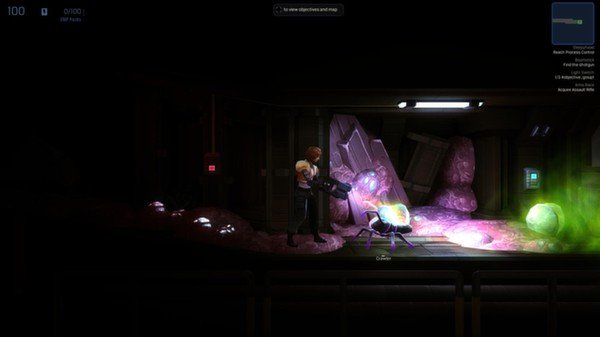
InterWave's swan song showed that in spite of all we learned from Nuclear Dawn, we learned nothing. Another "no one has ever done this before, it will be awesome" design, Dark Matter featured so much technology that we broke the Unity3D engine so hard that in the end our programmers were giving Unity Tech Support personnel tips. True story.
Dark Matter was released a one third of the game it should have been. For reasons of corporate restructuring, Dark Matter could not be finished. The Kickstarter failed, and we were left to do the best we could with a true adventure game that ended up playing like a Metroidvania but with real enemy AI and complex behaviours of fiendish enemies the players never got to fully appreciate because... time. Also, real-time lighting in completely dark areas and other cool stuff.
Dark Matter showed enough promise that the publisher insisted tacking a "real ending" on it so they could sell it as not Episode One, but as a full game. When I refused to do that, they let a promising teenager write the ending. It went as well as you'd imagine. I had my name struck from the game's credits after that.
Considering I'd created the universe, concept, game story, written everything in the game and its marketing, it was a blow, and a permanent break from much of InterWave, as it was.
Story trailer: https://www.youtube.com/watch?v=oe7-aPO7DQo
Gameplay trailer: https://youtu.be/95076bUZlSc
Cave Diver
After InterWave, I went into business with my best friend. Yeah, it was crazy times. We had plans. Cave Diver was the first, easy foray into development at Ventura Science. An unapologetic Flappy bird clone, it did way better than it had any right to.
For reasons unknown, Cave Diver actually delivered some advertising income, and it was extremely popular in Pakistan and other territories we had absolutely no affiliation with. Tens of thousands of downloads a month popular.
Trailer: https://youtu.be/4_F1yScEf3U
Ventura Science

The now-defunct Ventura Science had many projects under its belt, each meant to save the world. Ventura was an exciting company to work at because it was privately funded, completely aligned with my interests since i created it with my best friend, and indignant about making money.
We didn't need to. We were going to bring positive change in the world, and the rewards would be numerous.
In this we were correct. Ventura Science gave us many amazing memories, heartburn, and anxiety attacks. Just not enough to pay the bills. We did get to make some cool stuff, though.
Pulses Series
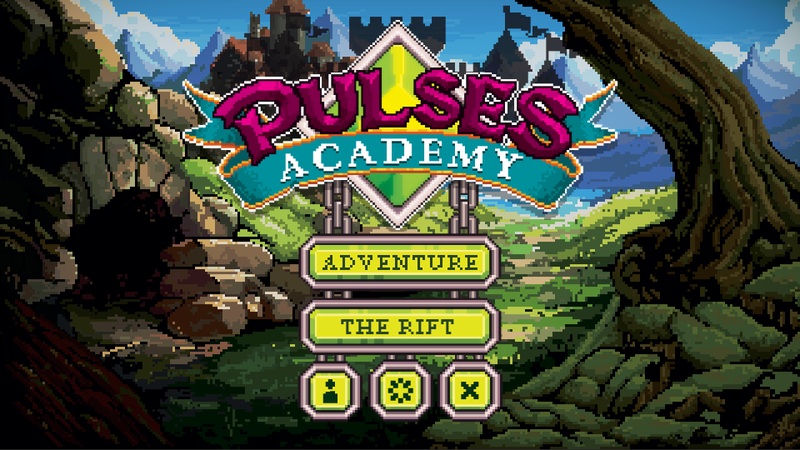
The second foray into game development at Ventura, Pulses followed by Pulses 2 were Lumines-inspired puzzly block games. Featuring my trademark overengineering and features no one ever fully got to experience, they played on a completely dynamic board that the players triggered at will.
Like everything else at Ventura, I designed, programmed, and lost sleep over these titles.
The gameplay was interesting and attracted serious interest from publishers and colleagues. What it didn't attract was players. Pulses Academy, the third game in the series, was going to address all that. It still lives as an unfinished project in my memories, and hard drive.
Teaser: https://youtu.be/T1AnBcbydmI
Salvage Heroes
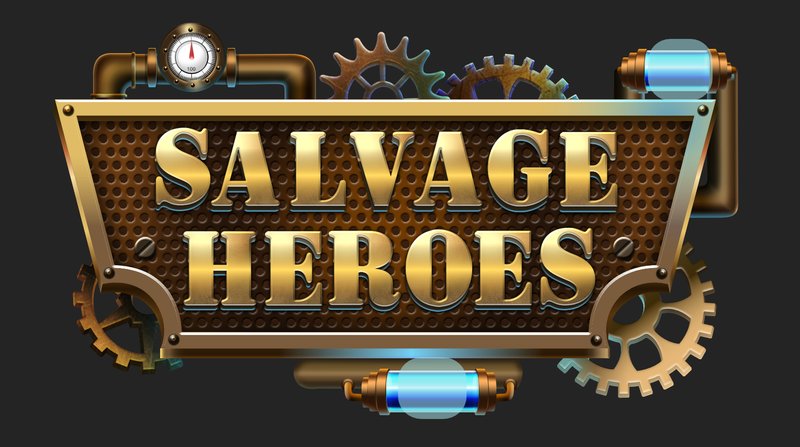
Ventura's last, great mobile title was going to fix it all.
On paper, it had everything. Fresh, dynamic not-an-infinite-scroller-BUT gameplay, an actually playable MVP that testers couldn't put down, a brand-new set of visual features that simulated dynamic lighting on mobiles, a shop, unlockables, customizable character rides, achievements, social sharing, enormous levels that could span up to 10000 floors without breaking old Android phones... it was the single largest mobile investment Ventura put forward, taking a serious chunk of our remaining budget and savings.
Unfortunately for us, while Salvage Heroes ticked every box on every must-invest list you can imagine, it simply failed to make a dent in the market. While gameplay was immersive and fun, so were a million other titles on the market. And we simply forgot to make it... memorable enough.
Plus, naturally, I am certain it could have cooked a little longer. This single game is the only one in my career where I completely ignored my instincts and pursued other goals. And it was the game no one even noticed.
Never ignore your instincts, kids. They're there for a reason.
Deep Horizon
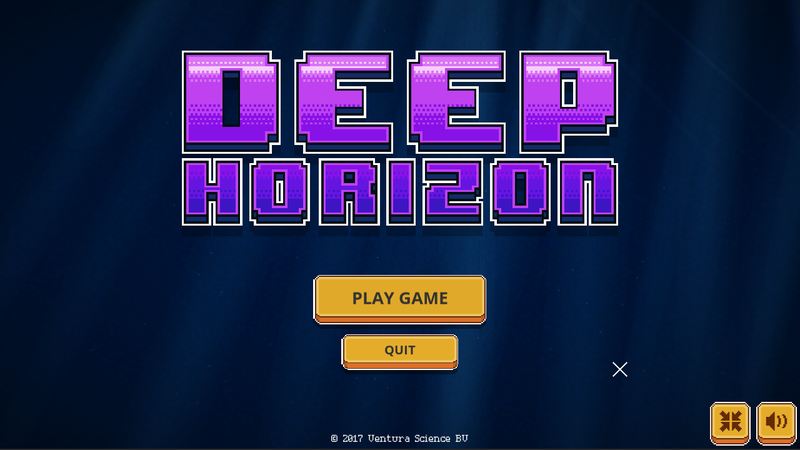
Ventura Science's swan song was a pretty, tight, relatively well-received underwater platformer-y game that did puzzles and actions, in 30-odd levels for a friendly little price.
It was a peaceful, final project. We worked on Pulses Academy after Deep Horizon, but that never saw the light of day. Deep Horizon was definitely "our speed", and if we'd stuck to our guns and refined the formula of producing that kind of game, we'd all be living in a better, more loving, definitely more underwater Ventura-sponsored world.
Trailer: https://youtu.be/XRxTsPAFwNk
HABTIC
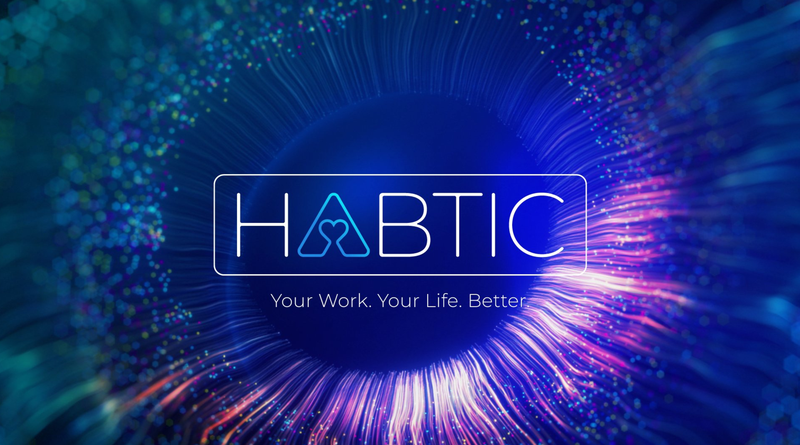
Changing gears, after Ventura, I needed a break from big projects, responsibility and the crushing weight of biting off more than I could chew.
I, however, don't learn good.
Within weeks of landing a new job as game developer for a health application, I embarked on the concepting, design, and production challenge of a lifetime.
In order to build HABTIC, which was a 24/7 digital coaching platform for healthier lifestyles, I had to build Dephion, the 120 or so people who actually did the building. I mostly despaired and cried as I clutched my designs close to my chest. And did a lot of hiring interviews.
HABTIC was breathtaking in its ambition, and kind of kick-ass in its execution. My stakeholders gave us time and funds to get it right, until corporate stuff happened and our funding evaporated overnight.
We all came so close to greatness with HABTIC. Maybe next time.
Habtic site: https://habtic.com/
A HABTIC clip: https://youtu.be/95076bUZlSc
TEX
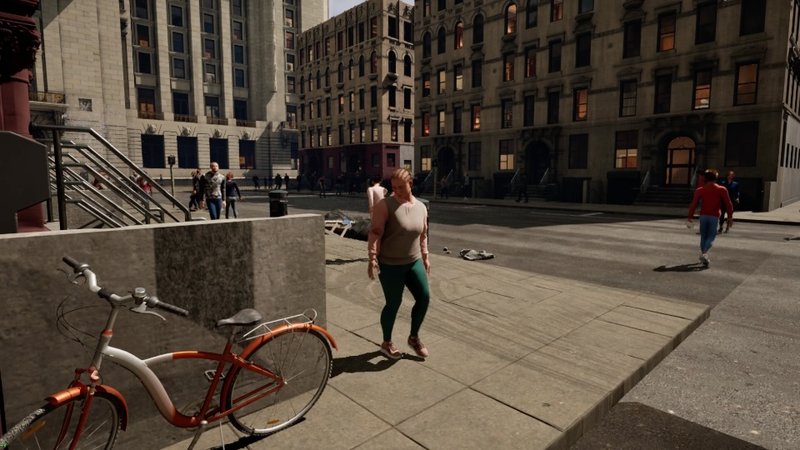
Back to game technology, sort of.
One of HABTIC's most valuable assets was its coaching system. It provided hours of full skeletal animations for the coaches, making them look human and still managing to work on mobiles.
Dephion Technologies wanted to capitalize on that. So I created TEX: a context-aware animation orchestration library that intelligently remixes and creates animation streams across large crowds.
It's currently being presented to market players such as Ubisoft and Electronic Arts. Will keep you posted on its future, but if it goes well, there will be signs...